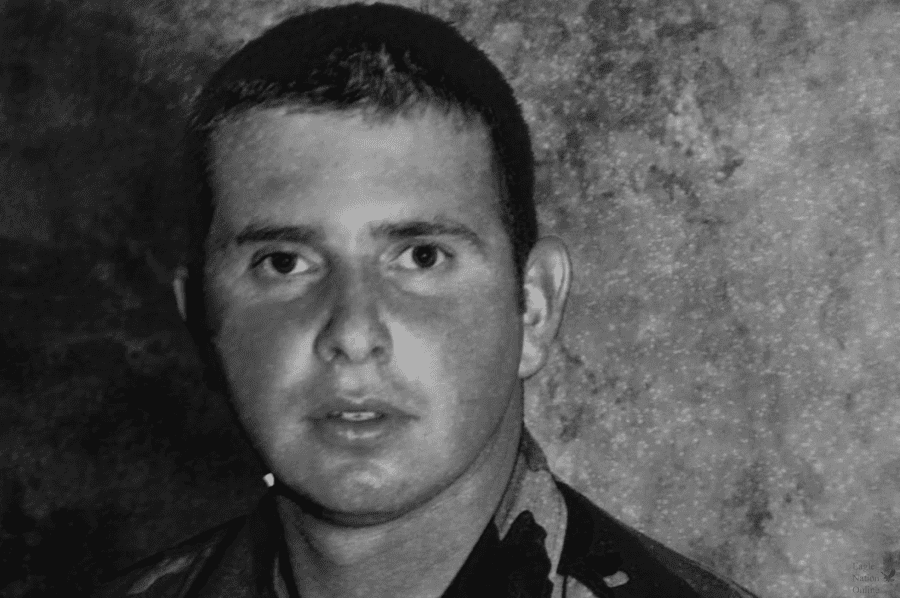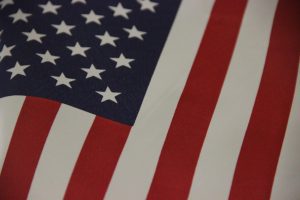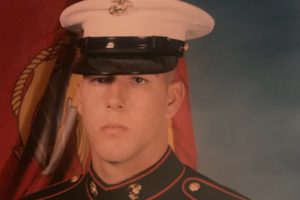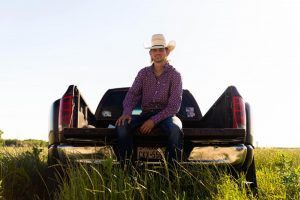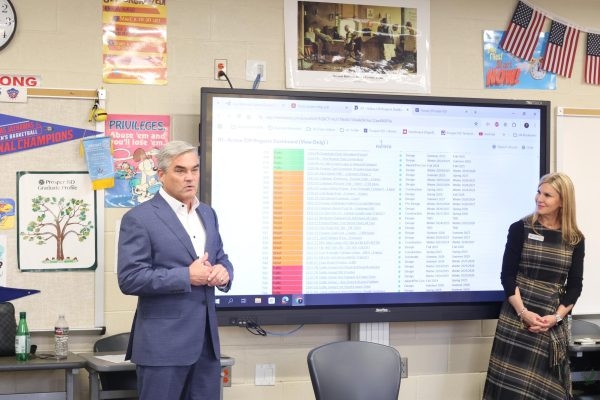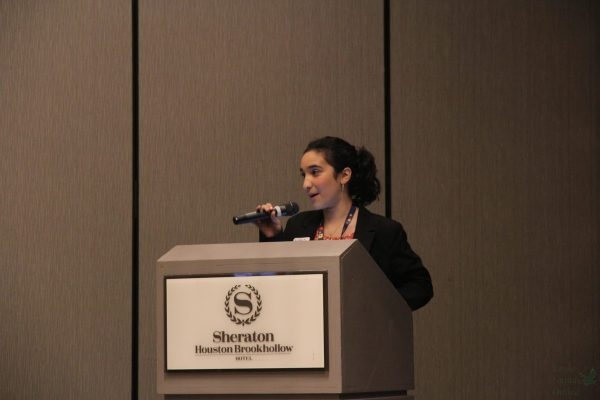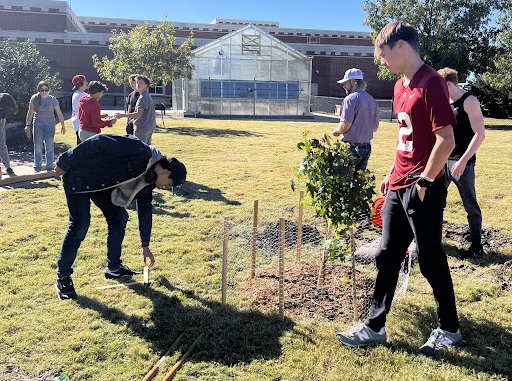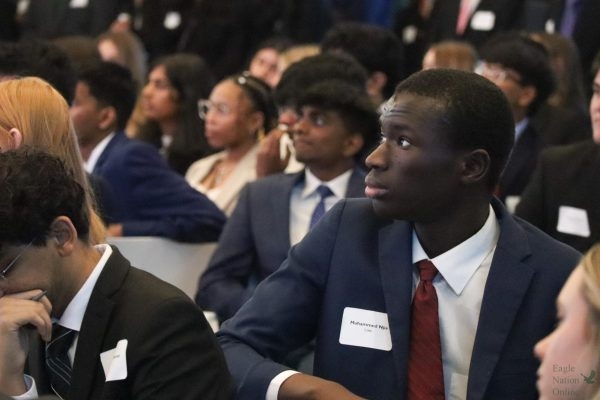From far away: 9/11 through U.S. soldier’s eyes
Nicholas Harrington reflects on being stationed more than 2,000 miles away during 9/11
Photo Courtesy of Nicholas Harrington
Shortly after the events of 9/11, now Special Education Department aide Nicholas Harrington prepares to be deployed to Afghanistan. Harrington joined the U.S. Army just after he graduated high school in 2000. “You know, in the army, you train for combat, and you train for battle overseas or enemy forces, but during a time like 9/11, you don’t really know what to expect,” Harrington said. “So, it was kind of scary in that aspect, not really knowing what to expect. That was on everyone’s mind, just, you know, family and friends, and the American way of life. It was literally under attack.”
His morning on 9/11
Former U.S. soldier Nicholas Harrington’s day started out as normal on Sept. 11, 2001.
After joining the U.S. Army straight after his high school graduation in 2000, Harrington was stationed at Fort Bliss, a U.S. Army post in El Paso, Texas, in 2001. Unknowingly at the time, this is where Harrington would be during the events of 9/11, over 2,000 miles away from New York. After typical motor-pool operations and performing usual maintenance on his equipment that morning, Harrington received the news that surrounded the country — two planes had hit the World Trade Center in New York City, in what was believed to be a terrorist attack.
“The morning had just been kind of typical,” Harrington said. “We were in peacetime. We weren’t in any wartime situations. This was before smartphones, as well, before everything was readily available and at your hands, so we didn’t find out what had happened until our chain of command came down.”
7:46 a.m. was when American Airlines Boeing 767 Flight 11 hit the North Tower, followed by the Boeing 767-200 aircraft hitting the South Tower at 9:03 a.m.
“He (the chain of command) came down, and he told us, ‘You know, this is what happened,’ and we completely locked down the base,” Harrington said. “We still weren’t really sure what was going on. What we were told is that two planes hit the Trade Center in New York, and then one hit the Pentagon and that they believed it was terrorist attacks. So, there was alarm and concern, but we were so far away from the East Coast that we didn’t realize how big of a deal it was until later on.”
Taking action
As his base locked down, Harrington, who was a part of the Quick Reaction Force team, got orders to move.
“We got the call with orders to move out to White Sands Missile Range, and there’s some highly sensitive areas out there, and we were out on guard duty so they told us to gear up,” Harrington said. “They called it ‘full battle rattle,’ so we had to get our flack jackets, our vests, our weapons, and we were there for about a month, just sitting in the desert, guarding stuff.”
The possible threat of incoming attacks forced this action.
“We were just looking for the second wave of attacks that was going to come next,” Harrington said. “Because, you know, now we look back at history, and we know exactly who it was and how it happened, but, at the time, the public anyway, we didn’t know who did it, or what was planned next or if anything else was incoming, so I think that was just what the major concern was, if there were going to be anymore domestic attacks.”
After consistent guard duty for a month, Harrington’s unit was mobilized to Afghanistan.
“Our unit got mobilized, and we weren’t deployed yet. We were just in a ready status,” Harrington said. “It was right after 9/11.”
Looking back
Now, Harrington, who just started his job as an aide in the Special Education Department in Prosper, said he can’t believe 9/11 occurred “20 years ago,” and is looking back to the event, along with how the country “came together.”
“You know, in the army, you train for combat, and you train for battle overseas or enemy forces, but during a time like 9/11, you don’t really know what to expect,” Harrington said. “So, it was kind of scary in that aspect. That was on everyone’s mind, just, you know, family and friends, and the American way of life. It was literally under attack.”
Your donation will support the student journalists of Prosper High School. Your contribution will allow us to purchase equipment and cover our annual website hosting costs.

Honors & Awards:
NSPA Top 10 National Finalist – Writer/Portfolio of the Year
2021-2022 UIL State Headline Writing - 6th place
2021-2022 UIL Regional Headline Writing - 2nd place
2021-2022 UIL District Headline Writing - 1st place
2020-2021 UIL District Feature Writing 1st place, Headline Writing 2nd place
2020-2021 UIL Regionals Feature Writing 4th place, alternate to UIL State
18 Best of SNO publications
10 individual ILPC placements
3 Best in Texas Superior Ratings, 4 Excellent Ratings, 3 Honorable Mentions
2021 TAJE Fall Fiesta Superior Rating - Live Feature Writing
PHS Writer of the Year, 2020-2021
NSPA and TAJE Student Journalist National Honor Roll
Quill & Scroll International Honor Society member
National Honor Society member


